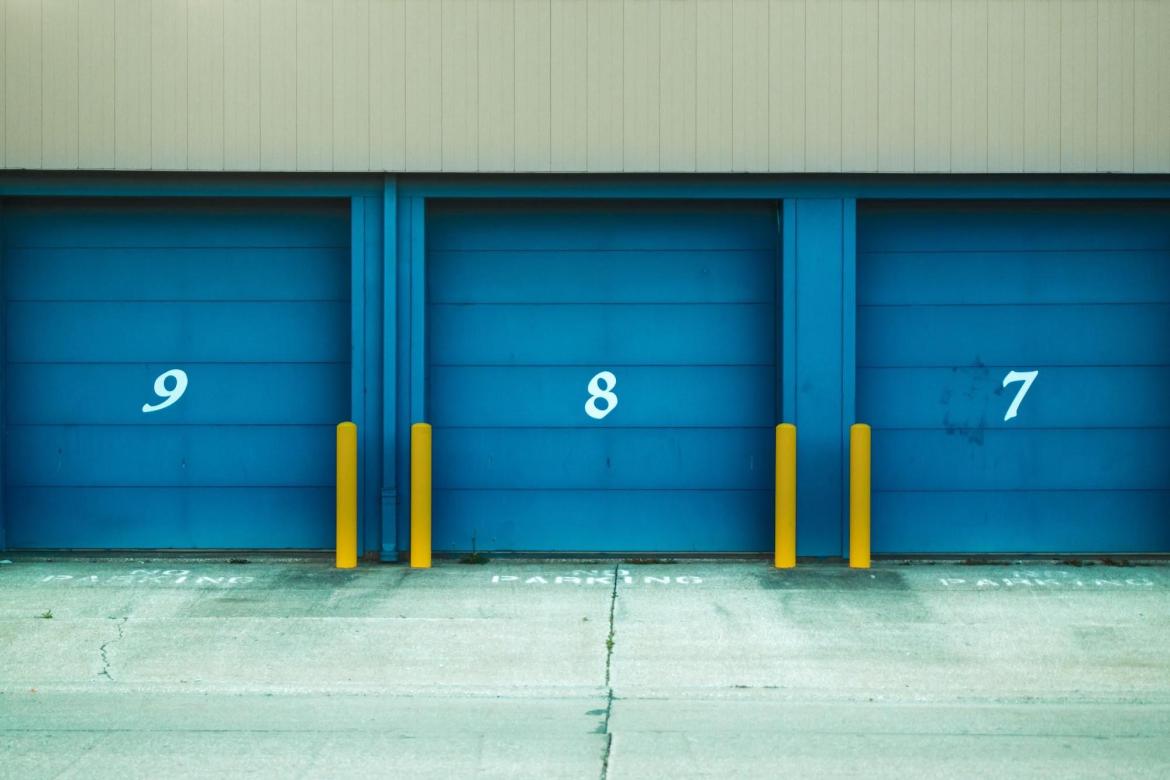
7 Facts About Self Storage Insurance To Help You Keep Your Belongings Safe
Whether you’re a seasoned self-storage user or you’re looking to rent a unit for the first time, the safety of your belongings is of paramount importance. While most facilities have video surveillance and take many precautions to avoid theft or damage brought about by natural causes, it is advisable to have insurance in order to make sure you can get reimbursed in case the unpredictable happens.
Here are some facts you should know about self-storage insurance:

1. What Is Self-Storage Insurance?
Self-storage insurance is a policy that helps cover possessions stored inside a storage unit in the case of damage or burglary. A lot of times, homeowners’ or renters’ policies will also feature coverage for items stored outside the insured property. In case they don’t offer coverage, you can turn to the storage company and inquire about purchasing a policy they may offer.
2. Why Should I Get Self-Storage Insurance?
You might wonder whether getting this type of insurance is actually necessary, especially if you are committed to a short-term agreement with the facility. Here are some reasons why getting self-storage insurance might benefit you:
-
Your Belongings Are Valuable To You
Whether you’re storing family heirlooms or other items that may be expensive such as furniture or appliances, you should get coverage for them. This way, you can make sure you can retrieve the equivalent of their value in case of damage.
-
Weather Can Endanger Your Items
Weather can be unpredictable in many ways, so why risk your property getting damaged? Wildfires, hurricanes, and other types of extreme weather can cause serious deterioration to everything stored.
-
Insurance Is A Legal Requirement
Tenants typically acquire self-storage insurance as it is a requirement of the facility itself. Similarly, landlords also require their tenants to attain renter’s insurance prior to renting. Discuss with your storage company what sort of policies they can offer, so you can find the right one for you.
3. What Does Self-Storage Insurance Cover?
Storage insurance policies might offer different packages according to the insurer, but there are some frequent situations that always need to be covered.
Most policies cover damages caused by:
- Theft/vandalism
- Water damage
- Fire
- Smoke
- Wind
- Hurricane
- Tornado
- Earthquake
- Storm
- Lightning
4. Are There Items That Self-Storage Insurance Doesn’t Cover?
Because of associated risk, some high-value items might get limited or no coverage at all under a standard self-storage policy. Consequently, your policy might exclude selected items from the coverage. Some of these items might include antiques, jewelry and watches, firearms, furs, art collections, and important documents. These are just a few examples that might fall under the exemption list. Consult your provider’s thorough list of items that are likely to not get covered so you can make a plan for them. If you are using your homeowner’s or renter’s insurance for your storage unit, your provider might include them in your current policy.
5. Getting Self-Storage Insurance Through A Renters Or Homeowner’s Insurance Policy

Since getting self-storage coverage under your homeowner’s or renter’s insurance policy is also a possibility, check to see if your policy covers every item you’re storing. Look for the fine print to have all the information you need to make the right decision. Renter’s insurance might not offer coverage for some natural disasters such as damage caused by water or vermin. Additionally, typical renter’s insurance policies do not include damage caused by the facility staff.
In terms of actual coverage, renter’s and homeowner’s insurance might only offer partial coverage for items stored away from the property — maybe about 10% of the regular amount of coverage. For instance, if your renter’s insurance limit is $10,000, you would get up to $1,000 in coverage for your stored items.
If you file a claim under one of these policies, your reimbursement might not match the value of your goods. There’s an exception to this rule: Full coverage for the value of your possessions is available for the times when your home can’t house those items. Home repairs and renovations are instances when this exception applies.
6. Getting Dedicated Self-Storage Insurance
You might find that your renters or homeowner’s insurance doesn’t offer satisfactory coverage for your stored possessions, but there are other alternatives available. Consider policies specifically designed for self-storage. You can inquire at your self-storage facility about the sort of policies they have available. Make sure this kind of policy is worth the money and offers the coverage you’re looking for. Many of them do not include protection for all kinds of damage.
You can take an alternative route and find a policy with a third-party specialist in self-storage insurance. This will ensure you have a more comprehensive policy that can better cover the value of your items and at a more convenient price. Shop around to find the right company that offers the right policy for your needs. Rates are variables, between 50 cents and $2 for every $100 worth of belongings stored in the unit.
7. Unusual Items? Get Specialist Insurance
Some insurance policies might not be a good fit for you if you want to store unusual items. For instance, some regular policies might offer vehicle coverage, but cars, boats, motorcycles, and ATVs typically require separate insurance.
Specialized insurance also offers you additional protection in case you fail to make your monthly payments for your self-storage unit. In case the facility doesn’t follow the protocol and initiates a wrongful auction for your stored items, you can be protected under specialized insurance.
Read More: 5 Types Of Insurance And Why You Need Them
